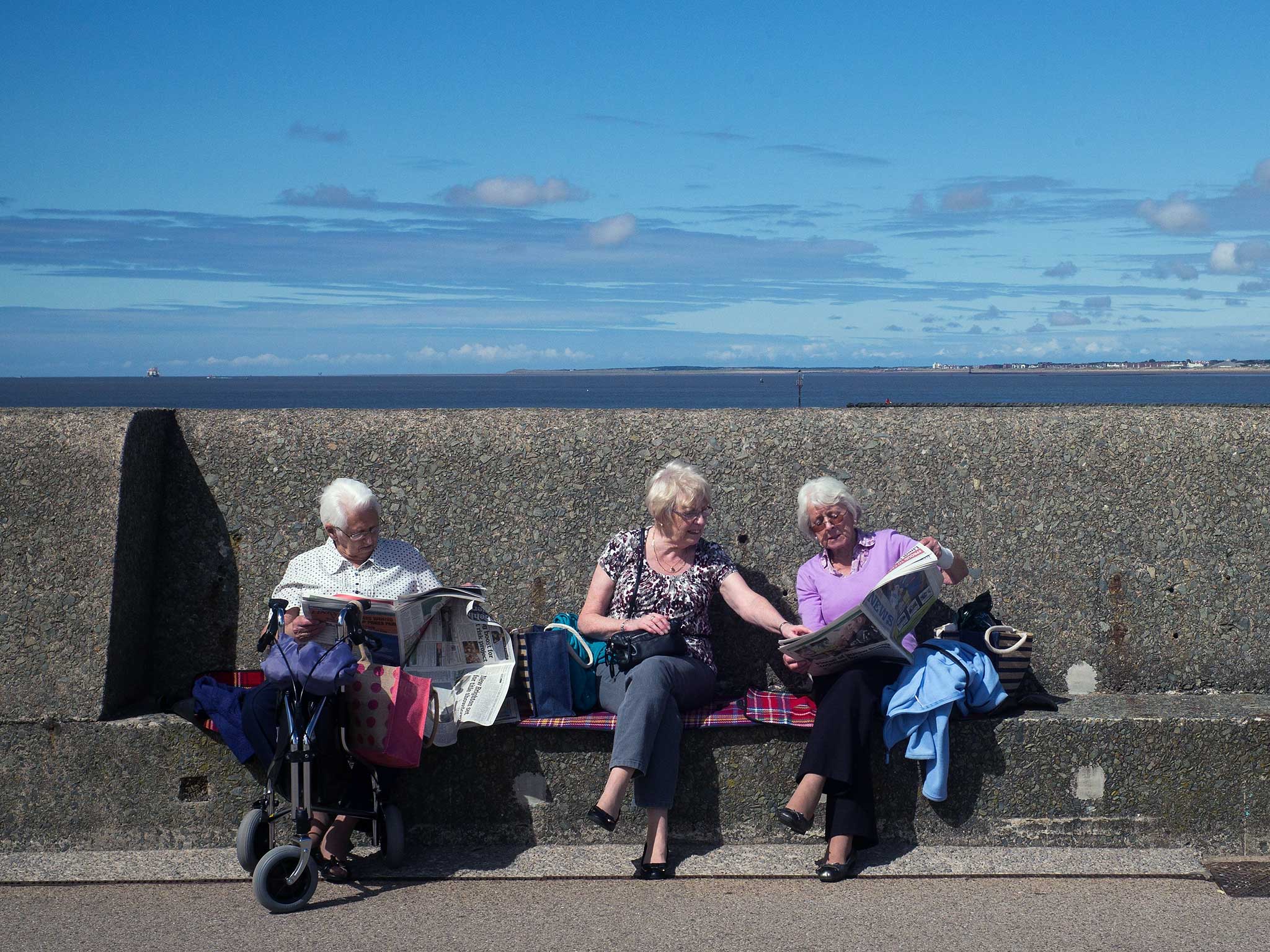Your support helps us to tell the story
From reproductive rights to climate change to Big Tech, The Independent is on the ground when the story is developing. Whether it's investigating the financials of Elon Musk's pro-Trump PAC or producing our latest documentary, 'The A Word', which shines a light on the American women fighting for reproductive rights, we know how important it is to parse out the facts from the messaging.
At such a critical moment in US history, we need reporters on the ground. Your donation allows us to keep sending journalists to speak to both sides of the story.
The Independent is trusted by Americans across the entire political spectrum. And unlike many other quality news outlets, we choose not to lock Americans out of our reporting and analysis with paywalls. We believe quality journalism should be available to everyone, paid for by those who can afford it.
Your support makes all the difference.Like a summer holiday that gets constantly postponed, a receding retirement age is never going to be pleasant.
And it certainly hasn’t been for women in their early sixties, many of whom would have retired by now were it not for the decision of previous governments to increase the female retirement age gradually from 2010 onwards.
And the new research from the Institute for Fiscal Studies makes it clear that this has had an impact. The poverty rate among women aged 60-62 has risen from around 15 per cent to 21 per cent.
Yet it’s important to note that this rise in poverty is not merely a consequence of these women being forced to wait longer to claim a state pension. It’s also because their wages (they have stayed in the workforce longer than they otherwise would) have grown so weakly over the past decade – and that’s something that has impacted all workers, from the very young to the almost retired. It reflects the chronic and disturbing weakness of our economy since the financial crisis.
Moreover, given the longstanding disparity between the retirement age of men and women and increases in longevity for both groups it is impossible to see an equitable alternative to gradually increasing the female retirement age.
The simple reality is that if we are living longer we will also need to spend longer in work. As the IFS notes, women will today, on average, draw a state pension for 25 years when they reach 64 – which is exactly the same length of time an average 60-year-old woman would have drawn it for before back in the 1990s.
The alternative to increasing the female pension age – painful as this has undoubtedly been for some – would have been to load ever more tax costs on to the younger working-age population. This would hardly have been fair.
Nor would it be fiscally sustainable. Sooner or later the state pension age would have to rise and those that benefited from the delay would have received a windfall at the expense of the younger generation.
Poverty has risen among pre-retirement age women. That’s a justification for more progressive redistribution to benefit this group. But it is not a justification for ministers to put off increasing the retirement age in line with growing lifespans.


Join our commenting forum
Join thought-provoking conversations, follow other Independent readers and see their replies
Comments